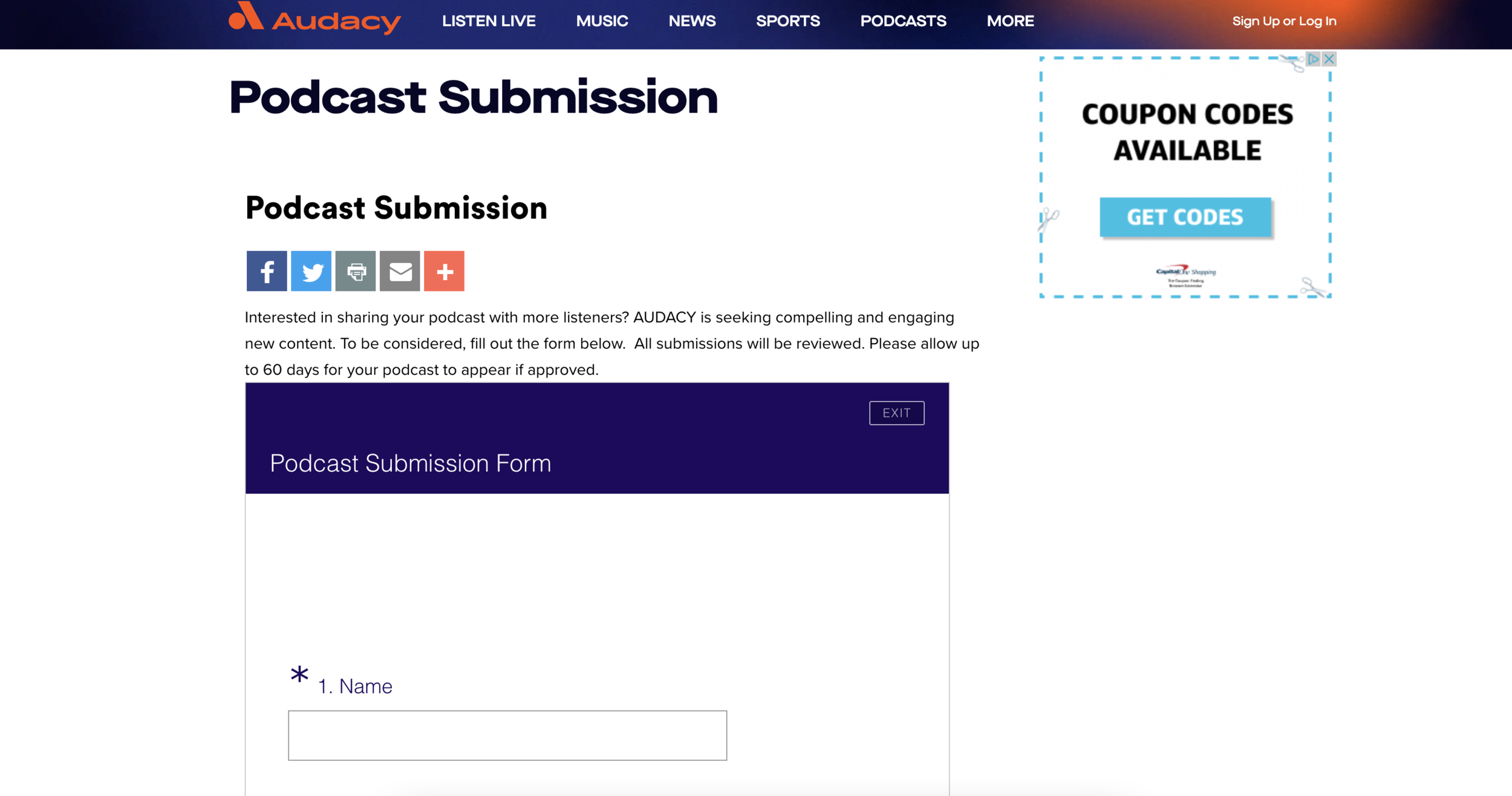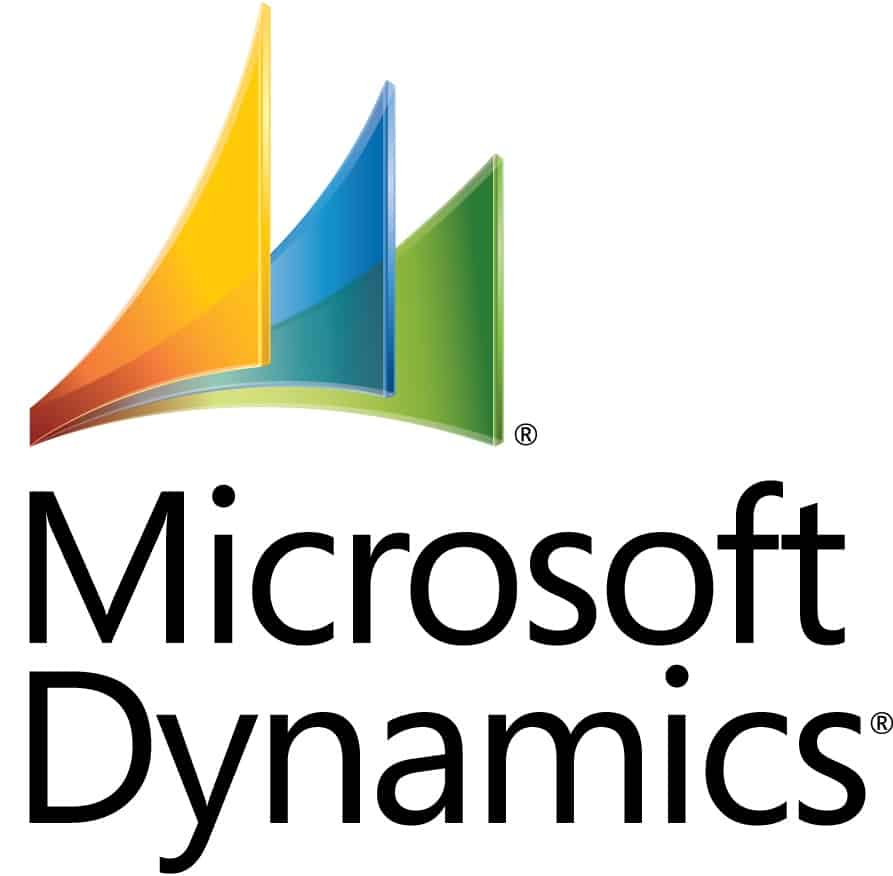
RPA (Robotic Process Automation) for marketing is software that automates repetitive, tedious and time-consuming processes. This technology frees the marketing department to focus more on creative and strategically-oriented activities that drive results.
Marketers engage customers through a range of channels and tools. They must be able to use a range of data and platforms as well have a solid understanding of the audience's needs and expectations.
Automation has become a key tool for increasing efficiency and productivity. This allows marketers in the field to focus on campaigns that are relevant to them at any particular moment. By eliminating the need for manual entry of data, RPA can reduce the number of errors and increase accuracy and speed.
Robotic Process Automation (RPA) in marketing has become a standard practice for many companies. It is software that allows tasks to be automated in a workflow for marketing by using AI algorithms and machine learning.

There are several benefits to using RPA in marketing, including:
Cost Savings
Businesses can save between 40-70% of their labour costs by reducing manual tasks. This means that they can reinvest those savings in more innovative initiatives and improve their overall operational performance.
Improving customer satisfaction
It is important to give your customers a positive experience. This requires that you provide accurate and updated information about your product and services to your customers as quickly as possible. RPA improves customer satisfaction over time by automating processes and minimizing the need for manual data entry.
Personalization
As new technology and advanced analytical tools make it easier for companies to understand consumer behaviors and preferences, consumers expect a more personalized experience. This allows marketers to tailor marketing content to meet the individual needs and preferences for consumers. It increases customer engagement, and ultimately drives conversions.
Competition Measurement and Monitoring
Companies need to constantly monitor their competitors to ensure they can compete for clients. While it can be time-consuming, this is essential to maintaining your competitiveness and success. In order to do this, firms need a system that can scan the Internet for pricing and compare that with their own in order to make sure they offer the best value.

Automated pricing software can be a good solution. It will automatically calculate a price that is competitive based on product specifications and features, as well competitor prices. This helps to ensure that the company is charging the right amount for its product, without compromising on quality or sacrificing profit margins.
Reporting and analytics
It is important for sales teams that they stay up-to-date on their performance, and also the status of sales and marketing efforts. By leveraging an automated reporting system, they can gain instant access to critical insights that can help them identify successes, failures, threats and opportunities. This can be a great help to them as they plan for their future.
FAQ
Marketing automation: Is it a skill?
Marketing automation does not mean that it is a tool. It's a skill. It requires precision and planning, understanding of industry trends, analytics and the ability to be creative with your strategies.
Knowing when and where to place campaigns can be the difference between success, failure and success. It is important to tailor emails to each recipient's needs, interests, preferences and behaviors so that they resonate.
Marketing automation is all about tracking performance metrics and analyzing data points to target the right audience at the right time. If done correctly, they can lead to mutually-exclusive outcomes.
Marketing automation is a skill that must be treated as such. It takes focus, time, and effort to make it perform the way you want.
What are the various types of marketing automation?
Marketing automation is an effective tool that helps you stay in touch with customers, optimize your marketing activities and make better decisions. It can save you time, increase sales and improve customer satisfaction.
There are many types of automated marketing systems. You might be interested in:
-
Overall Automation Platforms (or overall automation platforms) - These are powerful tools that allow you to manage all aspects and aspects of your marketing efforts in one place.
-
Email Automation Software- This software allows to build relationships between customers and send personalized emails to each person.
-
Lead Management Systems – Designed to allow companies to keep track of leads, from the initial stages through their conversion into paying customers.
-
Content Creation Tools: Create targeted content for different audiences. Measure effectiveness in real-time.
-
Social Media Management Solutions - Streamline all posts, comments, and messages associated with social media accounts into one dashboard for quick action and reaction.
-
Analytics & Reporting Systems - Keep track what's going well and what's not. Strategies can be modified on an ongoing basis.
Marketing automation also allows you to personalize customer experiences. HubSpot Automation and Pardot let you segment your customers based their behavior and preferences. This allows you tailor your messages and content to each group. It creates a more personalized experience that is tailored for each customer. Automation also helps you track customer activity and engagement so that you can better understand their needs and preferences .
Overall, marketing automation is a powerful tool that can help businesses save time and increase efficiency. It simplifies processes and reduces costs. Customers also get personalized experiences. With the right automation tools, businesses can be competitive in the market and reach greater numbers of customers in a shorter amount of time by improving their efficiency. Automating customer activity and engagement can also be used to monitor the progress of strategies so they can be modified as needed. Marketing automation is an indispensable tool that can help businesses thrive in today's competitive marketplace.
Do you have WordPress marketing automation?
WordPress marketing automation automates the creation and management of WordPress campaigns or content. It's intended to aid developers, marketers and non-technical users to simultaneously create, execute, and track complex tasks.
It works by creating workflows and creating triggers that are triggered every time someone does something, such opening an email or visiting pages. This automation system can also help you update pages, schedule posts on social media, and send emails.
WordPress marketing automation allows for personalized messages to be sent based on user behaviour and interests. This helps to rationalize marketing efforts across channels.
Similar to this, you can track success of your marketing campaigns with detailed analytics reports. These reports show from which source the lead came. This will help you focus your efforts on the most productive paths for growth.
This allows marketers to focus on improving customer experience, rather than worrying about the mundane tasks of updating websites or managing email flow.
This integration allows for faster conversions because customers no longer have to wait long before receiving a response from your marketing team.
WordPress marketing automation empowers small businesses to quickly identify leads, which dramatically lowers the cost per acquisition. It also provides valuable insight into the campaign's impact in real-time.
Last but not the least, this platform is free from human error and minimizes profit loss because it works according to preconfigured rules that you have set up within its back-end systems settings.
Statistics
- Companies that implement this kind of lead scoring enjoy 28% better sales productivity and 33% higher revenue growth than companies without lead scoring (MarTech Alliance). (marketo.com)
- Automator can probably replace 15% or more of your existing plugins. (automatorplugin.com)
- While they're doing that, their competition is figuring out how to get more out of the 99.99% of the market that's still out there. (hubspot.com)
- It can help reduce administrative overheads to savings of 3.4% on average, with most companies saving between 1.5% and 5.2% (Lido). (marketo.com)
- You can use our Constant Contact coupon code to get 20% off your monthly plan. (wpbeginner.com)
External Links
How To
How do I use automation to personalize my content marketing efforts?
Automated Personalization leverages data-driven insights as well as automated technology to personalize content for different people, interests, and behaviours. This allows you to tailor your marketing campaigns based on how each individual interacts. Automation can be used for increasing the relevance of your message using segmentation and targeting strategies.
Your audience's preferences and needs will help you tailor your content so that it is more engaging. Automating processes can also help you save time so that you can concentrate on more important tasks like creating high-quality material or strategizing ways for reaching desired audiences.
Segmentation allows personalization to take off. This is done by breaking down your audience into smaller pieces so you can target them more precisely. Automating this process - examining behavior patterns from past campaigns - allows you to quickly create segments based on language, interests, demographics, and even purchase history. This allows you to create targeted messages for each group rather than blasting one message across every platform.
Targeting works in conjunction with segmentation: after the audience has been split apart, it's time to get messaging right by landing attractive offers or ads in front of them at ideal times. This could involve targeting certain pages or channels in an email or placing banners within micro-targeted locations. Leveraging data intelligence helps to transcend traditional methods of finding leads such as direct mail campaigns or cold calling.
Finally comes optimization - this enables marketers to make minor tweaks during ongoing campaigns in order to produce better results as conditions change over time; further personalizing messages for customers based on their actions. Businesses now have powerful tools to ensure customers receive customized messages. This includes analyzing past campaigns and making real-time adjustments.
Automated personalization makes content marketing easier by allowing brands to quickly segment their audiences and make adjustments based on data analytics.